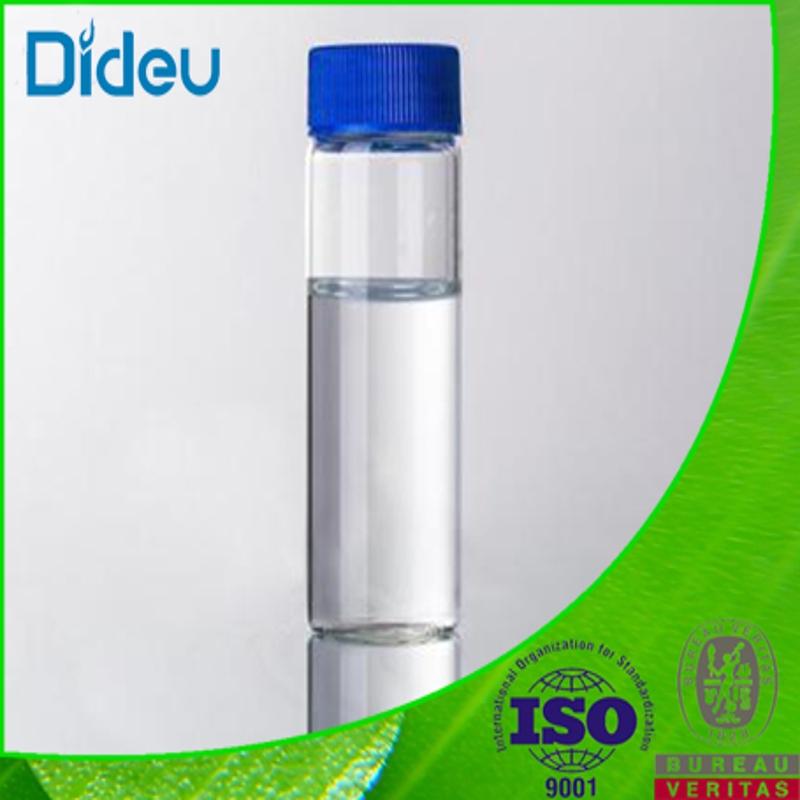Water
(7732-18-5)
Water, with its remarkable ability to dissolve and combine various substances, serves as a central element in complex networks of chemical reactions. Its ability to dissolve a wide range of compounds not only showcases its versatility but also serves as the foundation for many chemical processes. In the hallowed halls of scientific laboratories, researchers are dedicated to exploring the complex interactions between water and other chemical substances in order to unveil the secrets of these reaction mechanisms. This exploration is of epoch-making significance, not only profoundly influencing scientific inquiry but also having a far-reaching impact on industrial applications, propelling human civilization forward. In the vast agricultural realm, water plays a pivotal role as well. It is the lifeblood of the earth, nourishing both plants and animals. As a medium for plants to absorb the nutrients they need for growth, water plays a fundamental role in the agricultural ecosystem. Moreover, water is the solvent for many agricultural chemicals, such as fertilizers and pesticides, which play a crucial role in pest control and crop yield enhancement. Therefore, the rational and efficient utilization of water resources is not only a practical matter in agriculture but also a science, with the potential to enhance the quantity and quality of agricultural products, thereby ensuring the global food supply and maintaining stability in the agricultural sector. Water plays multiple roles on Earth, serving as the foundation for the nourishment and development of life. It is the source of life, a precious resource of immeasurable value far beyond gold, and we must cherish it above all else. We bear both ethical and ecological responsibilities and must use and protect this precious resource in a rational and sustainable manner. Only by doing so can we ensure that our common home, the blue planet, continues to be a source of life and vitality, nurturing diverse ecosystems and species and thriving in the future.












